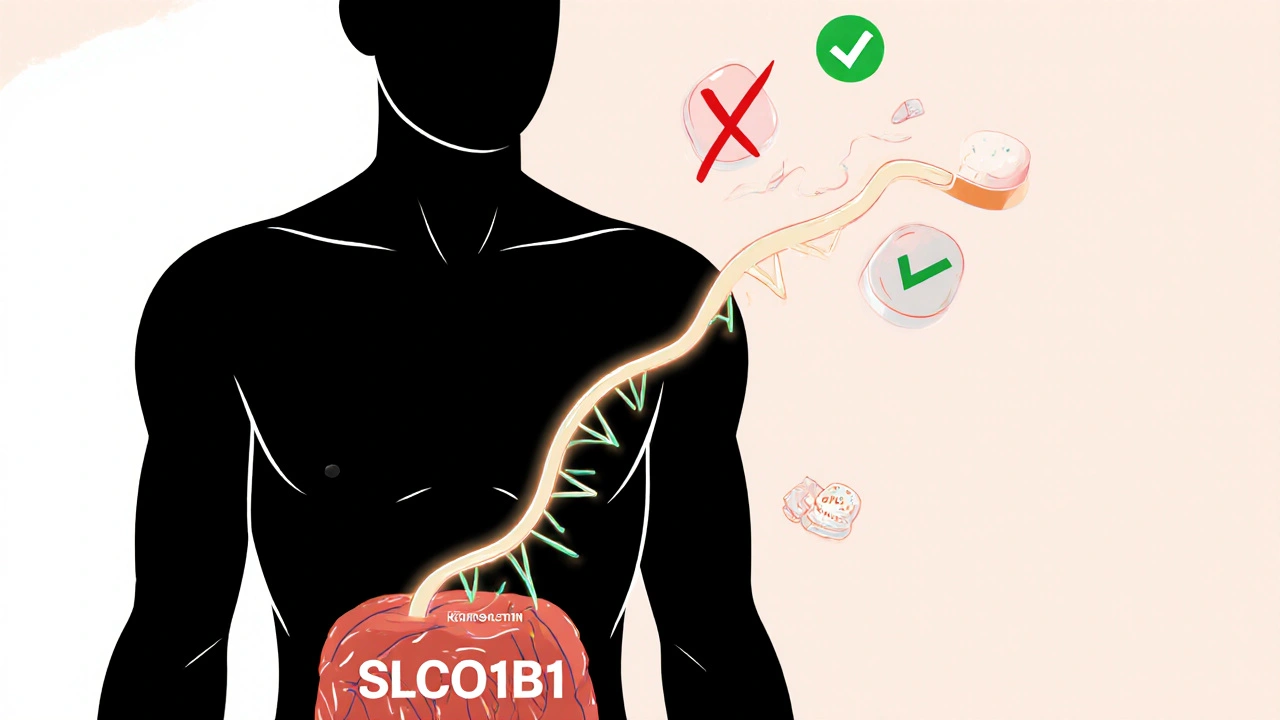Pharmacogenomics: How Your Genes Affect Medication Response
When you take a pill, your body doesn’t treat it the same way everyone else does. That’s because of pharmacogenomics, the study of how your genes affect how your body processes drugs. Also known as personalized medicine, it’s not science fiction—it’s already being used in hospitals to pick the right drug and dose for you. Two people with the same condition might get the same prescription, but one feels better while the other gets sick. Why? It’s not about compliance or luck. It’s about your DNA.
Pharmacogenomics looks at genes that control how your liver breaks down medicine, how your cells absorb it, and even how your brain responds to it. For example, some people have a version of the CYP2D6 gene that makes them process antidepressants too fast—so the drug doesn’t work. Others process it too slow, which leads to dangerous buildup. This isn’t rare. Up to 90% of people have at least one genetic variation that affects how they respond to common drugs like blood thinners, painkillers, or statins.
Doctors aren’t guessing anymore. Genetic tests can now tell if you’re a fast, normal, or slow metabolizer. That info helps avoid side effects, skip trial-and-error prescribing, and cut down on hospital visits. The FDA even lists pharmacogenomic info on the labels of over 300 drugs, from warfarin to clopidogrel. It’s not just for cancer or rare diseases anymore—it’s for high blood pressure, depression, and even antibiotics.
And it’s not just about your genes. Pharmacogenomics connects to other areas you’ve probably heard about: how generics work, why some people get sick from expired meds, and how digital tools track if you’re even taking your pills. If your body can’t process a drug the way it’s meant to, no app or pillbox will fix that. You need to know what’s inside you.
Below, you’ll find real-world guides that tie directly into this science. From how drug patents affect access to generics, to how blockchain stops fake meds from reaching people who rely on precise dosing, to how enzyme deficiencies change how your body handles meds—this collection shows you the full picture. You’re not just reading about pills. You’re reading about your body’s unique reaction to them.
- Colin Hurd
- Nov, 22 2025
- 15 Comments
Genetic Factors in Statin Tolerance: How Pharmacogenomics Testing Can Help
Genetic testing can reveal why some people can't tolerate statins due to SLCO1B1 gene variants. Learn how pharmacogenomics helps match patients with safer statin options and what to do if you've had muscle side effects.

